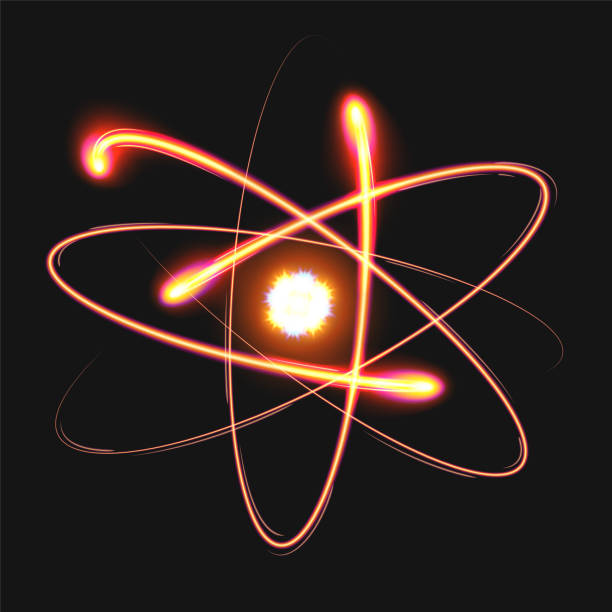 |
Magic numbers, in the realm of physics, particularly in nuclear physics, refer to specific numbers of protons or neutrons that result in nuclei with unusually high stability compared to neighboring isotopes. These magic numbers play a crucial role in understanding the structure and behavior of atomic nuclei.
Magic numbers are specific values of protons or neutrons in atomic nuclei that correspond to particularly stable configurations. These numbers were first identified by Maria Goeppert Mayer and J. Hans D. Jensen in the 1940s. The most well-known magic numbers are 2, 8, 20, 28, 50, 82, and 126, corresponding to the number of protons or neutrons in a nucleus.
Nuclei with magic numbers of protons or neutrons tend to have higher binding energies per nucleon, making them more stable than neighboring isotopes. This stability arises from the arrangement of nucleons in energy levels within the nucleus. Just like electrons in atomic orbitals, nucleons (protons and neutrons) occupy quantized energy levels in the nucleus. When a nucleus has a magic number of nucleons, these energy levels are filled completely, resulting in enhanced stability.
Examples of Magic Numbers
Helium-4 (He-4): Helium-4 has two protons and two neutrons, making it the first nucleus with a magic number of both protons and neutrons. This configuration gives helium-4 exceptional stability and is the reason why helium is inert and abundant in nature.
Oxygen-16 (O-16): Oxygen-16 has eight protons and eight neutrons, making it another example of a doubly magic nucleus. This configuration contributes to the stability of oxygen-16 and its prevalence in nature.
Lead-208 (Pb-208): Lead-208 has 82 protons and 126 neutrons, making it a doubly magic nucleus with both proton and neutron magic numbers. Lead-208 is exceptionally stable and is often used as a radiation shield in various applications.
Importance in Nuclear Physics
Understanding magic numbers is crucial for predicting the stability and properties of atomic nuclei. Nuclei with magic numbers of protons or neutrons tend to be more stable and have longer lifetimes, making them important in nuclear structure studies and practical applications such as nuclear energy and medicine.
Magic numbers in nuclear physics represent special configurations of protons or neutrons in atomic nuclei that result in enhanced stability. These numbers play a vital role in understanding the structure and behavior of atomic nuclei, influencing fields ranging from nuclear physics to astrophysics. By identifying and studying magic numbers, scientists continue to unravel the mysteries of the atomic nucleus and its impact on the universe.
